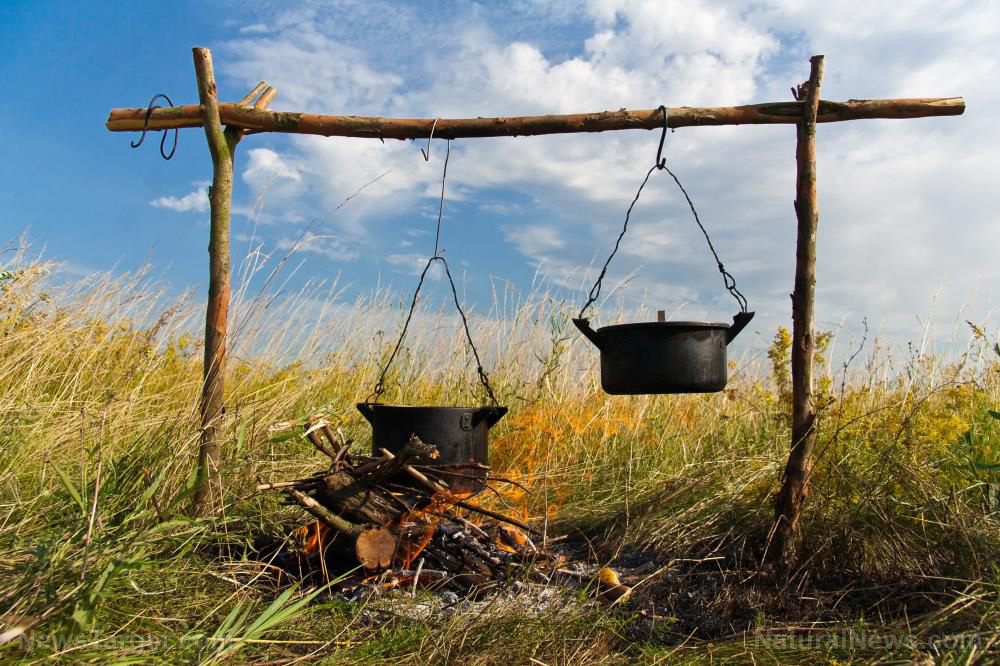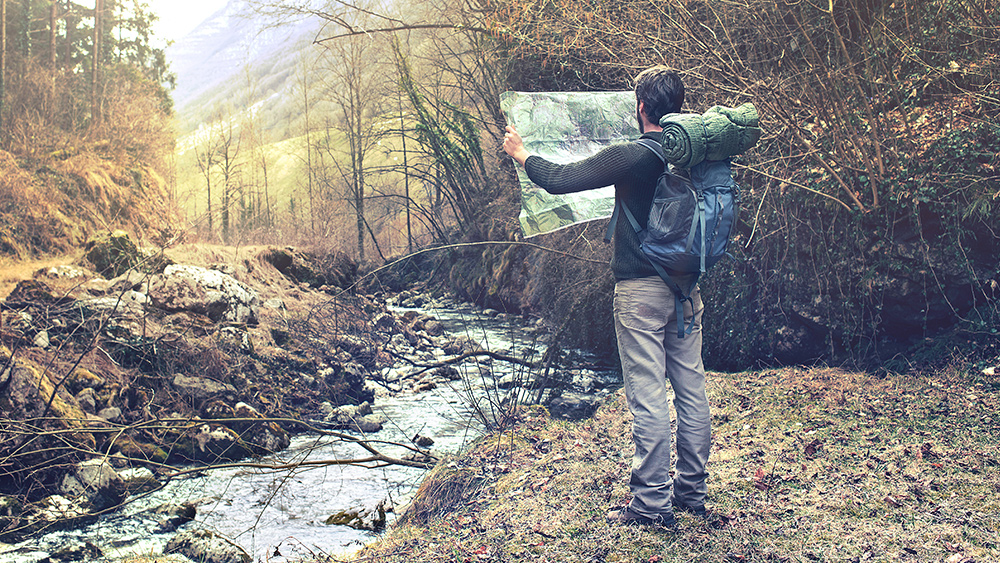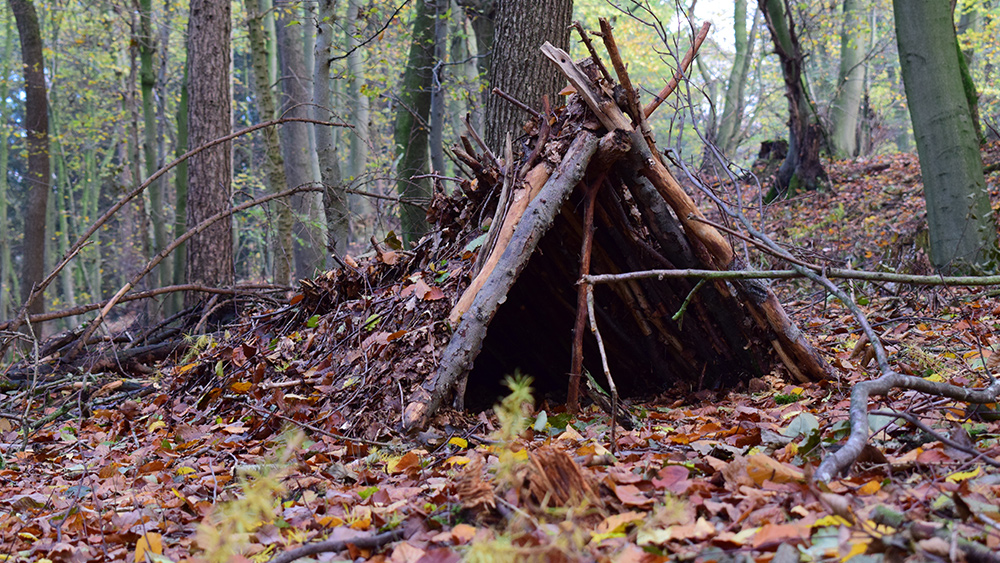
Preppers should be ready for anything, including medical emergencies. Having access to reliable medical attention might not be possible when SHTF. Depending on your situation, there are many possible factors to consider. If you don't look at the big picture, complications could easily arise from what would normally be simple scenarios. Here is a basic survival guide to maintaining medical wellness during emergencies. (h/t to DoomsdayMoose.com.)
Baseline preventive care
If you plan to live off-grid for a long time, you'll need to start thinking about baseline preventive care and maintenance. What this means is that even before SHTF, you should try to reach peak physical condition and then focus on maintaining this level during and after disaster scenarios. Food and shelter are necessities for survival on a day-to-day basis, but if you want to last longer than that, you need to think ahead. You'll need to consider nutrition, exercise, regular wellness checks, chronic or preexisting health conditions, and any other factors that deal with your personal and situational needs.
Self-knowledge of healthcare and well-being
Having access to a healthcare professional is something many of us can easily take for granted. Most of us only tend to have checkups when we feel that something is wrong. Your personal healthcare professional can provide a wealth of information about your body and help you to understand it better. Use this knowledge to be on the lookout for early signs of potential health conditions such as high blood pressure, cardiovascular disease, and pre-diabetes. When SHTF and your access to healthcare becomes severely limited, you will have to do all the mental checks and balances of your body on your own.
You can also take it a step further and do the same for your family. Familiarize yourself with the medical histories of your loved ones. Take down notes on important medical information of your family members. This can include their history of surgeries, hospitalizations, serious illnesses, allergies, and chronic conditions such as asthma or diabetes.
Physical exercise
It is important to have a thorough understanding of your own body and physical limitations. Bugging out will require immense physical and manual labor, not to mention the toll it may have on your mental state. This is applicable even more so if you want to engage in long-term sustainable living. There will likely be hiking, foraging, building equipment, and harvesting involved, among other rigorous activities. Prepare yourself for all these possible scenarios by following an exercise regimen, preferably one that focuses on strength and endurance. This will be helpful in managing your muscular and cardiovascular strength.
First aid supplies
First aid is an essential part of any prepper's survival strategy. Be prepared for the possibility of injuries that come with bugging out, but if you're thinking about long-term survival, a basic first aid kit might not be enough. (Related: These are the items that you need in your first-aid kit if you just want to carry the bare minimum.)
Supplement your first aid kit with other useful household items such as super glue, electrical tape, and duct tape. These items might seem unconventional, but they work well for sealing cuts that need help sticking together. You can also consider stocking up on herbs and natural remedies for treating inflammation and a number of ailments.
Furthermore, first aid supplies can only go so far if you don't know how to use them properly. Be sure to read up or take classes beforehand on CPR, medical emergency assessment, and other relevant applications of first aid.
Adequate nutrition
Don't think of food as just something you need to survive. Consider it as another form of first aid. You will need an adequate supply of calories and nutrients daily, or else your energy and stamina will suffer. A healthy, balanced diet of fresh foods combined with non-perishable foods is ideal for survival. You can achieve this with a combination of hunting, gardening, and learning long-term food preservation methods. Having a diverse set of food sources will go a long way in terms of sustainable living.
Additionally, you can stock up on functional foods that can also be used as natural remedies. Turmeric and capsaicin can be used as both food items and alternatives to painkillers.
Learn essential survival skills for SHTF situations at Survival.news.
Sources include:
Please contact us for more information.





















